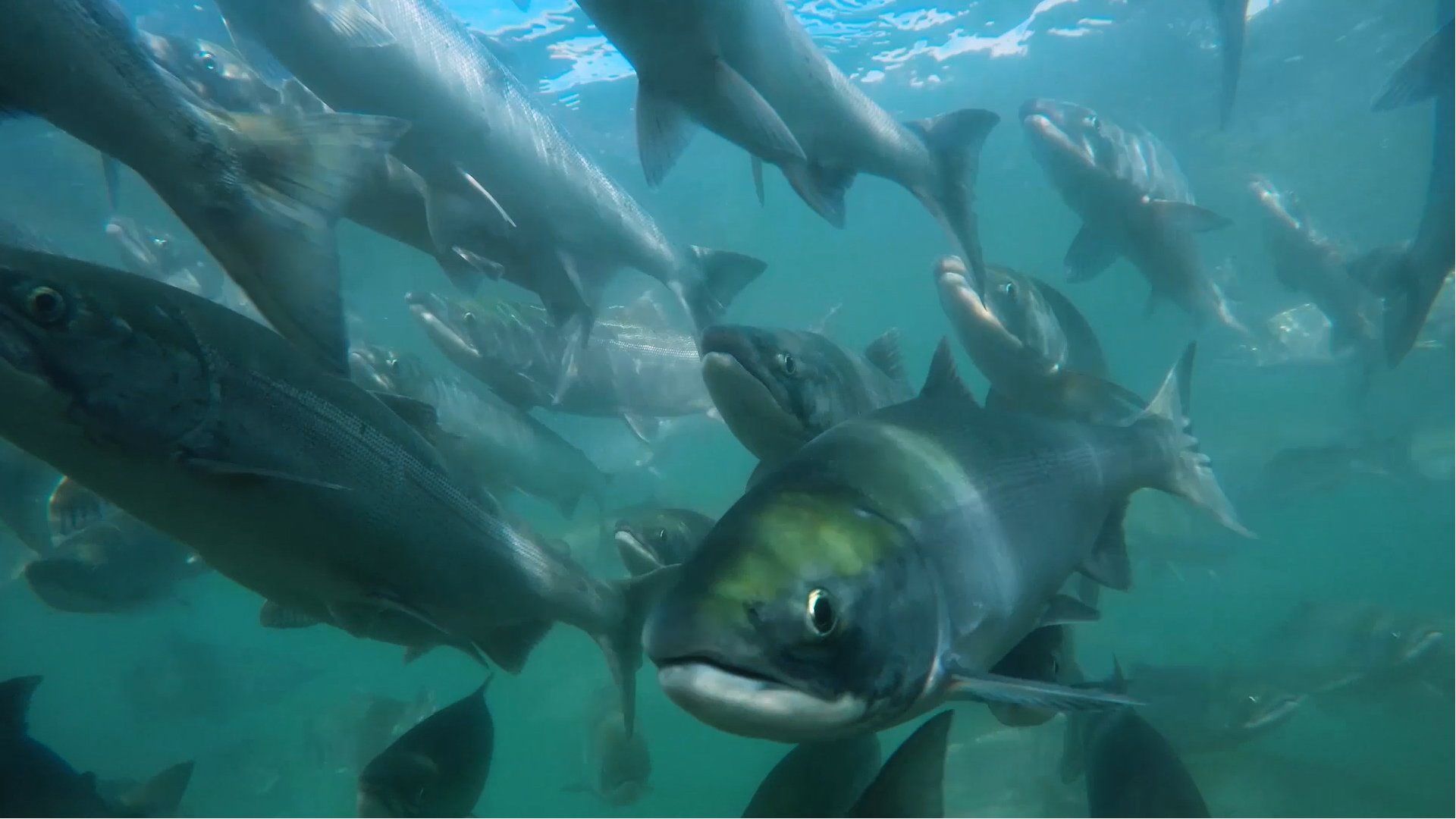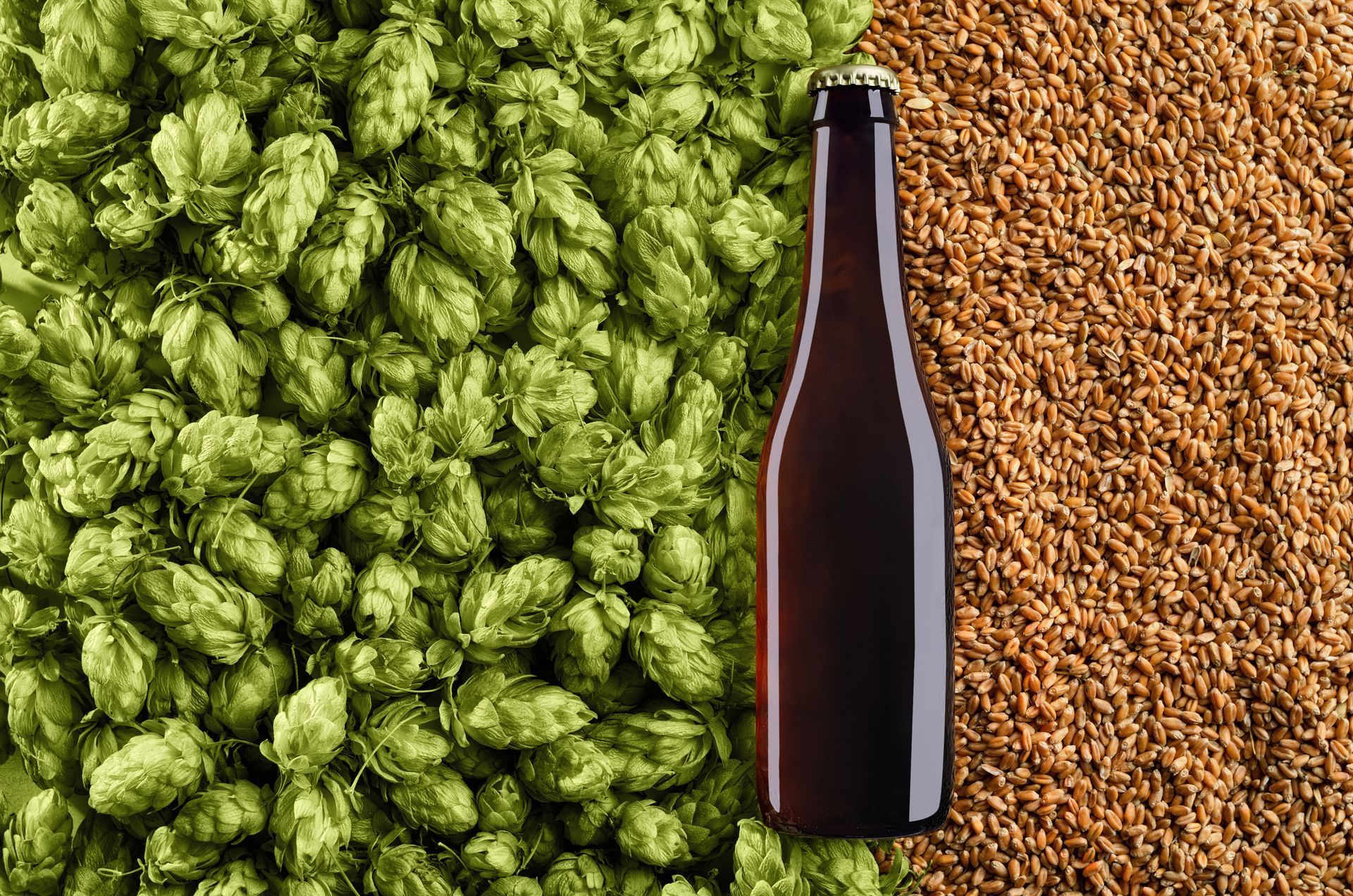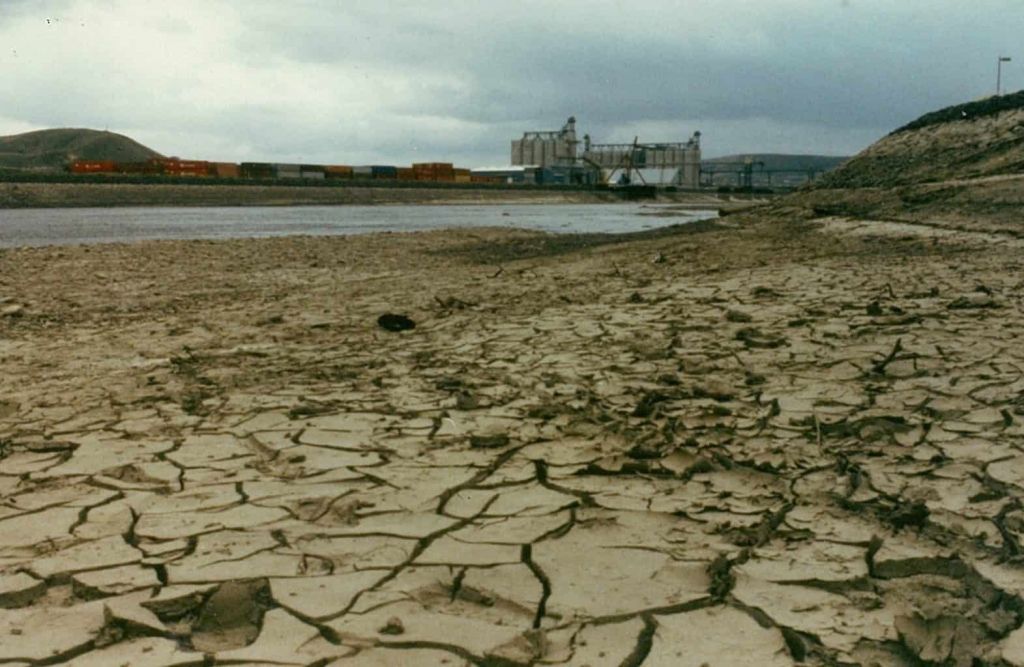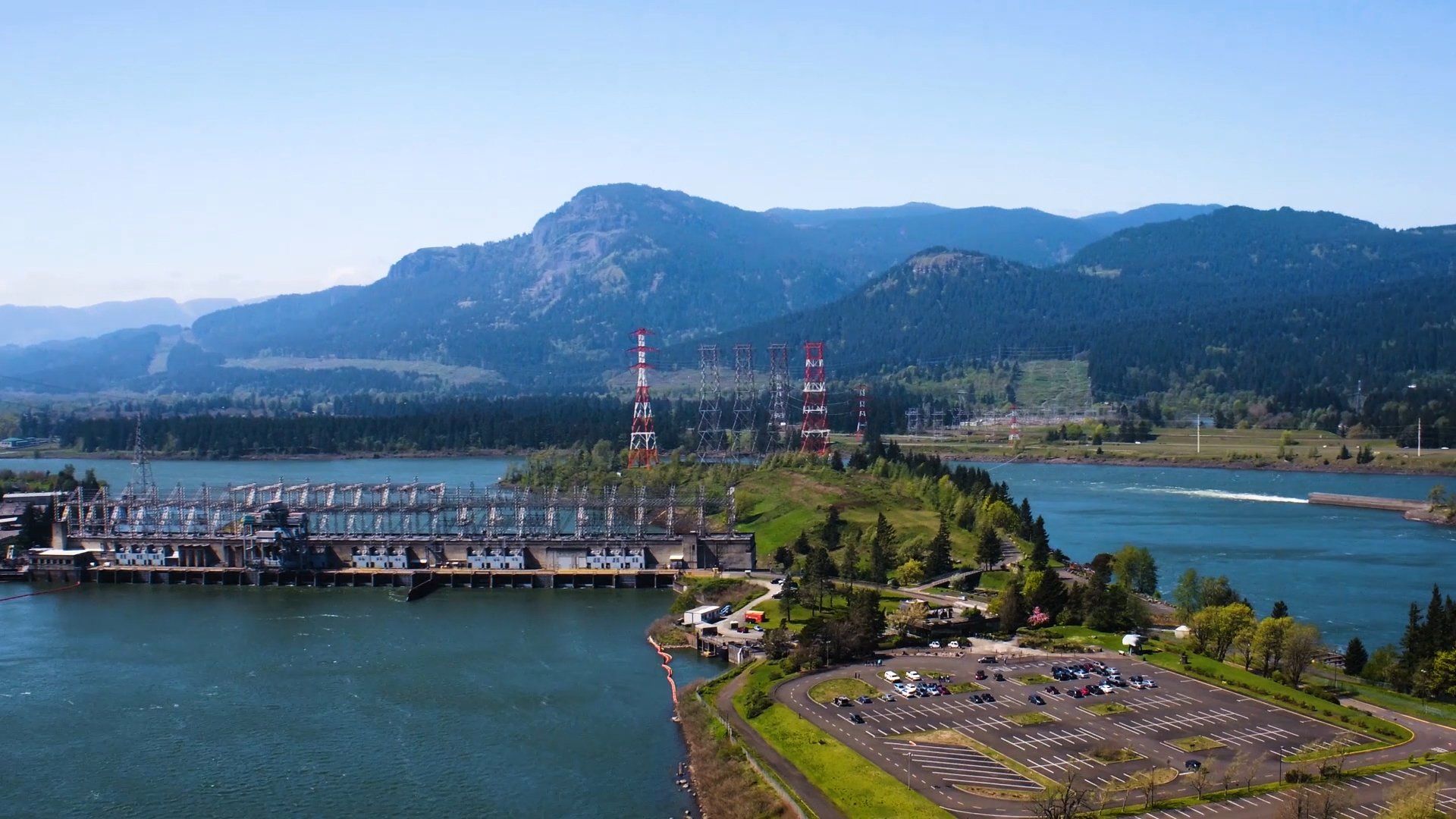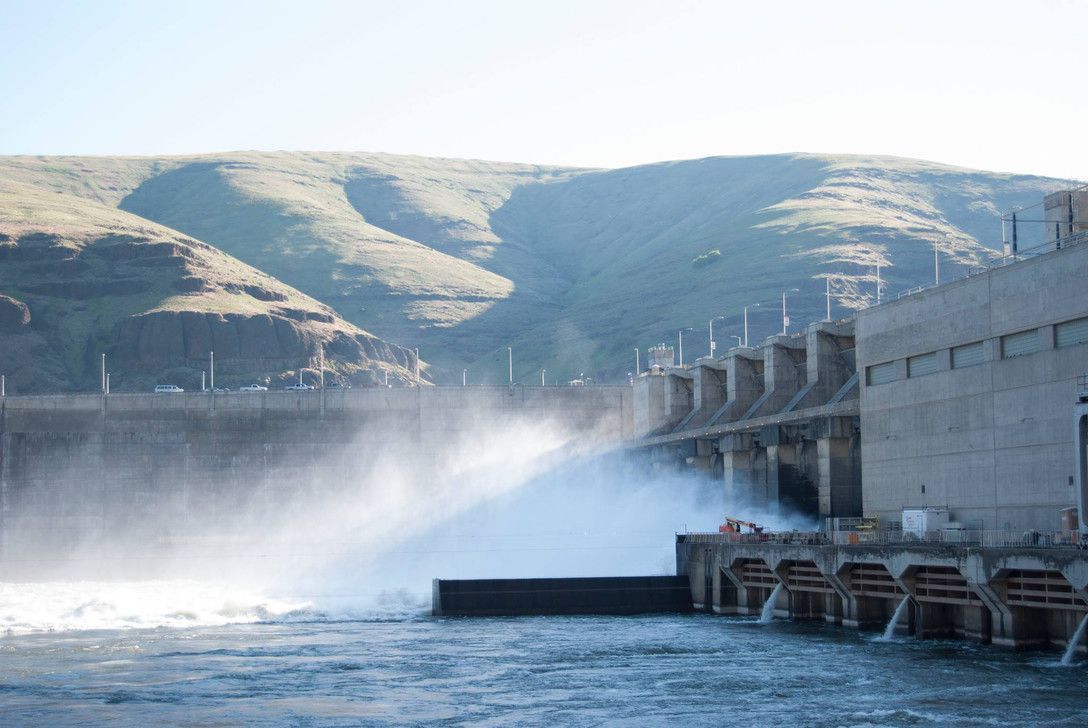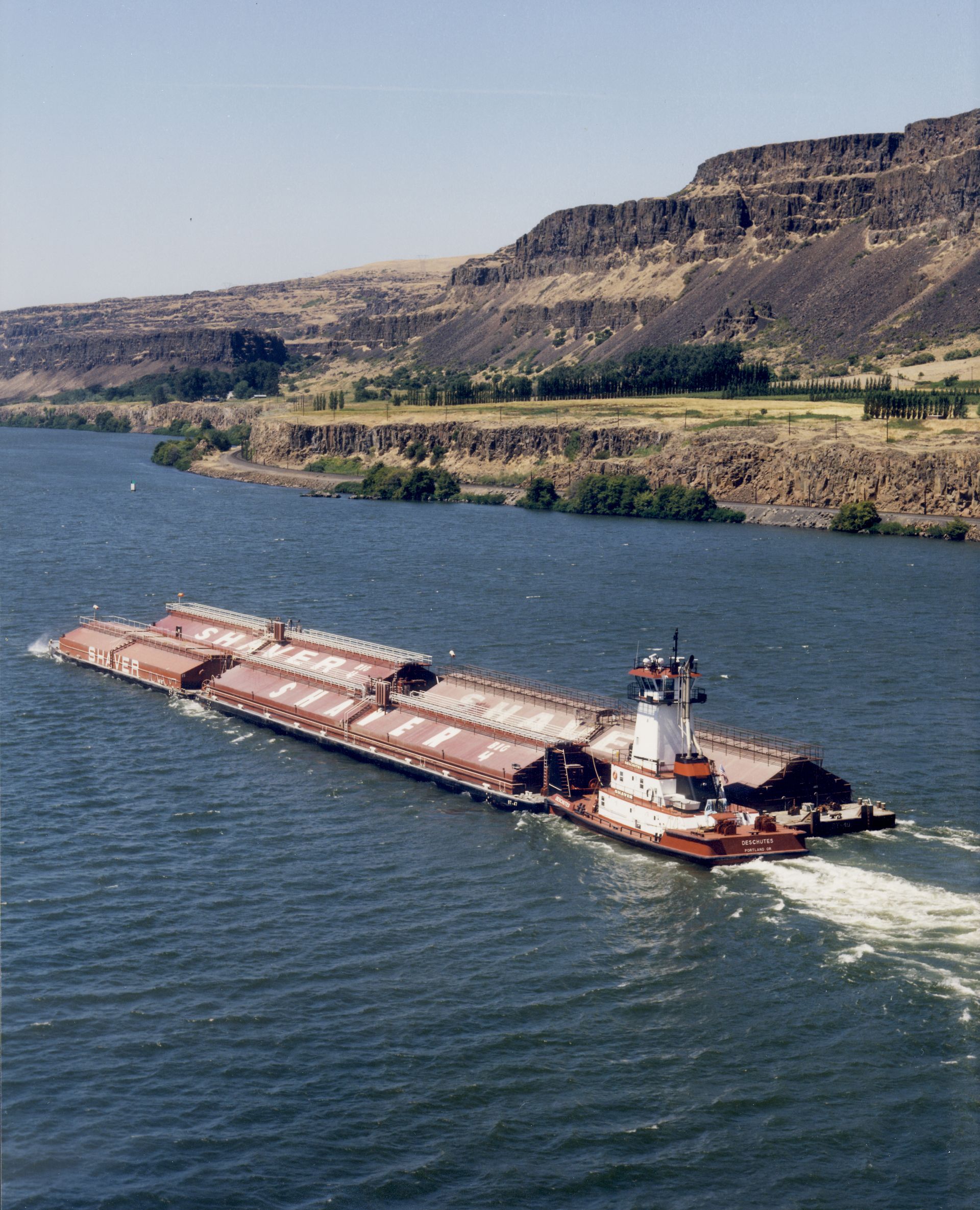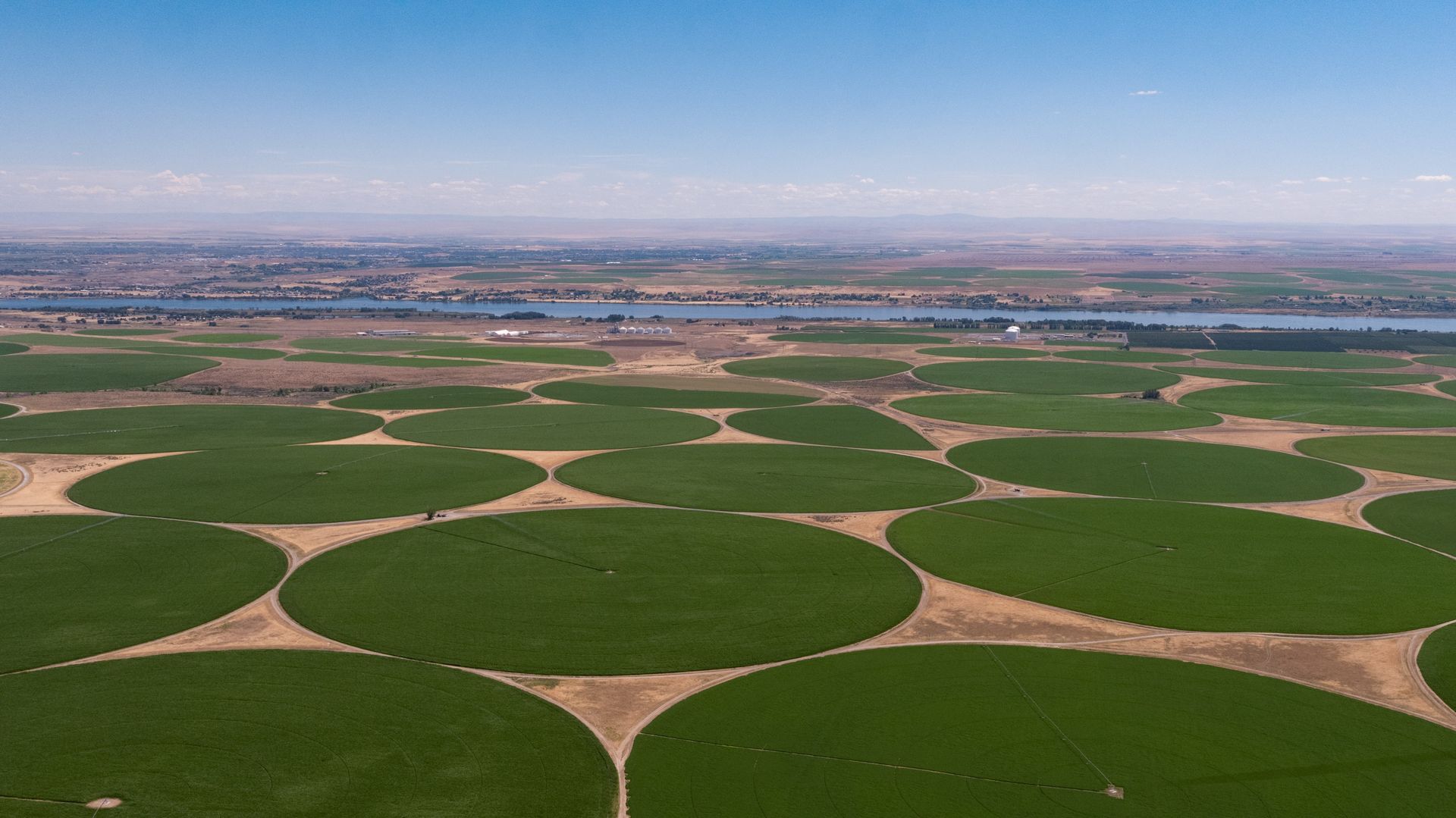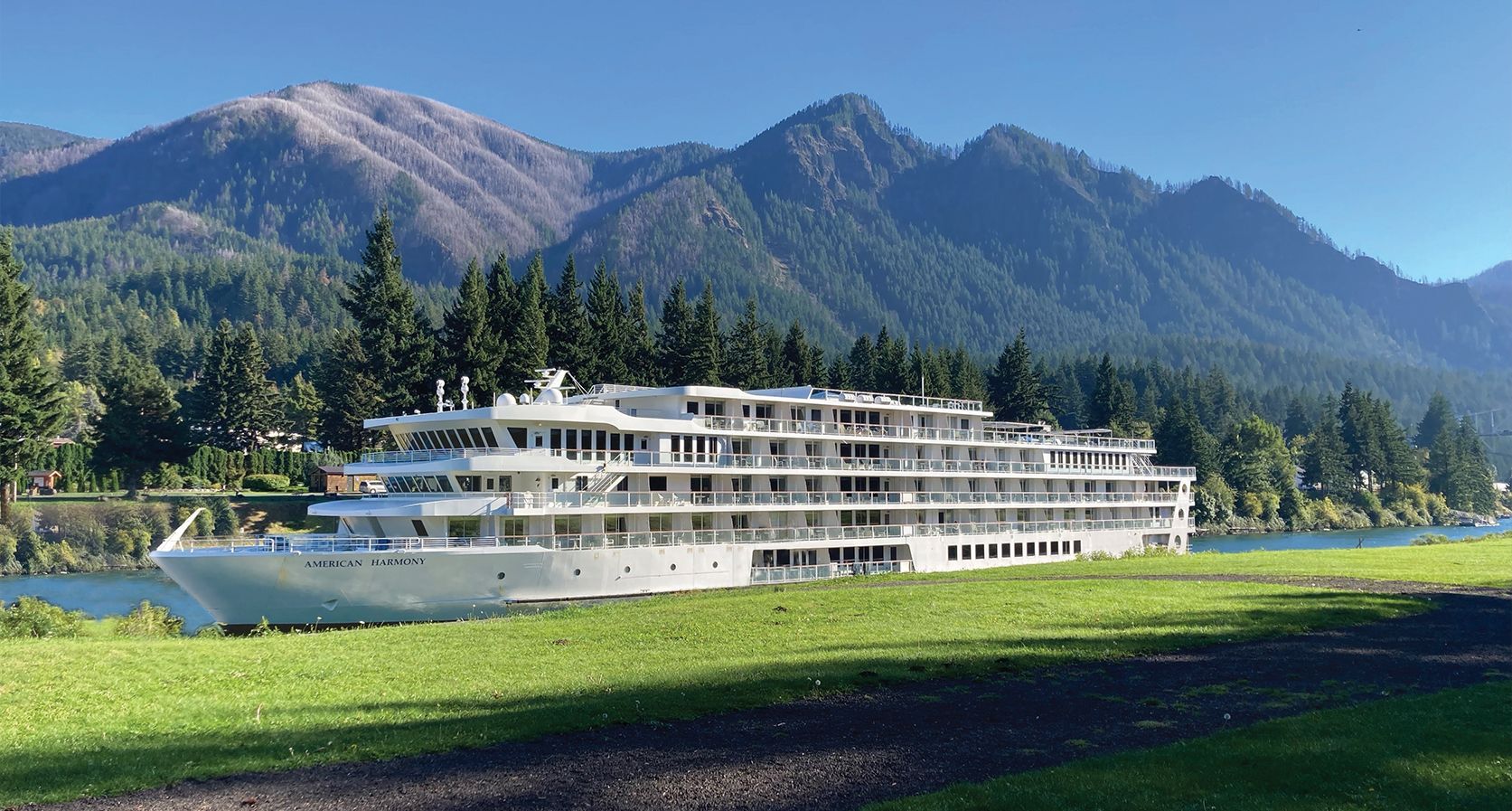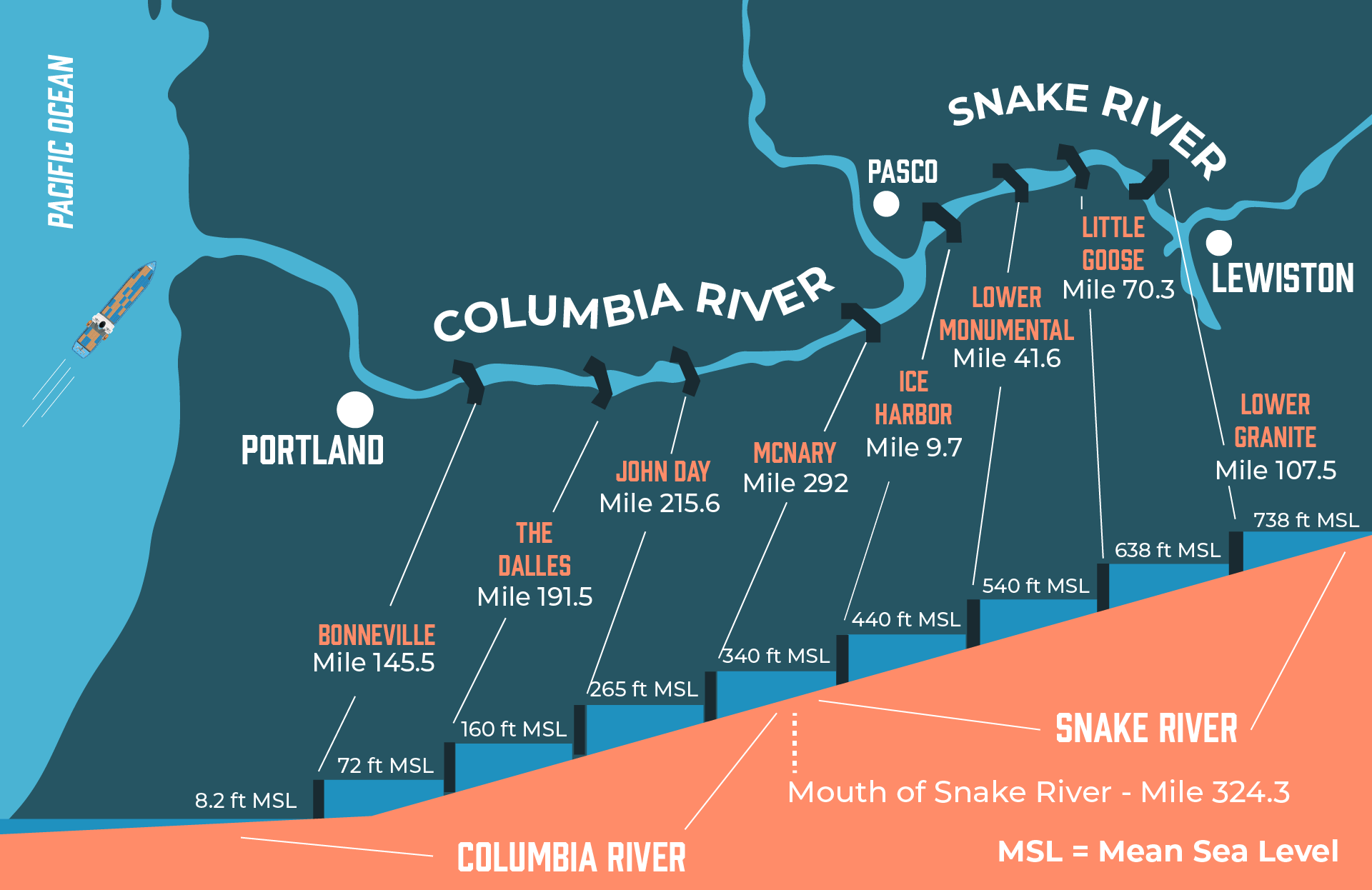PORTLAND, Ore. – The Pacific Northwest Waterways Association has reviewed a plan proposed by Rep. Mike Simpson (R, ID-2) to establish a $32 billion “Columbia Basin Fund” for regional economic and environmental transition. The highlight of Rep. Simpson’s plan is the breaching of the four Lower Snake River dams.
PNWA appreciates that Rep. Simpson has highlighted two issues in this plan on which almost everyone in the Pacific Northwest can agree: commitment of real dollars for salmon recovery, and increased utilization of renewable, carbon-free energy to combat climate change.
However, funding for salmon recovery and new energy technologies should not be tied to an extreme measure like breaching the Snake River dams, which provide over 95% effective fish passage and are a critical part of the region’s energy portfolio. These dams also make possible fuel-efficient, low-carbon, safe and reliable barge transportation.
“This plan would remove highly functional run-of-river dams with world-class fish passage that provide fundamental benefits like clean energy and efficient commerce to our region, and put the region on track for higher carbon emissions and an increase in climate change. It is not a responsible use of taxpayer dollars, and ultimately is a disservice to our region’s fish,” said PNWA Executive Director Kristin Meira.
“Rep. Simpson’s proposal to replace barging on the Snake River with additional rail and truck traffic would lead to significant carbon emission increases in our region at a time when our leaders have pledged to move us in a greener direction. While rail and truck are important and have their place in our region, those two modes also have much higher rates of injuries and fatalities associated with them, when compared to barging. The impact to human life and safety in northern Idaho and eastern and central Washington should also be considered,” Meira said.
The plan attempts to place a price tag on an entire region’s way of life. While $32 billion may address some economic impacts of dam removal, no amount of money can protect the culture, lifestyle, and economies of the communities that depend upon the Columbia-Snake River System’s hydropower, navigation, irrigation, flood risk management, recreation, and municipal and industrial water supply benefits.
The proposal also fails to take a system-wide approach, and relies on investments and technologies that are uncertain at this time. It identifies solutions that do not adequately address the adverse impacts on human safety, carbon dioxide emissions, trade, or broader economic and community impacts, among others.
This plan continues to pursue an extremely narrow focus on four projects with outstanding fish passage, despite multiple reports from the scientific community about ocean warming, ocean acidification, urban runoff and other issues that are leading to declines in fish runs throughout the West Coast, including those in undammed rivers.
NOAA Fisheries started a conversation with its Columbia Basin Partnership Task Force to evaluate all Northwest runs, set goals for recovery, and highlight the multitude of actions that it will take to help our fish. Discussions are now happening about the best way to continue that good work. PNWA encourages Rep. Simpson and other parties in the Northwest to reject extreme and narrow approaches like Snake River dam breaching, and collaborate on regionwide efforts to help West Coast runs in every part of their life cycle.
Voices from across the Pacific Northwest are weighing in on this plan and its impacts on the
environment, communities, workers, and more:
“Shaver Transportation strongly opposes Congressman Simpson’s proposal to breach the four Lower Snake River dams. This proposal would not only impact jobs and goods movement from the inland empire to our partners overseas, but would significantly increase greenhouse gas emissions by moving cargo from barge to rail and truck, all with limited known benefits to our regional salmon runs.”
- Steve Shaver, President, Shaver Transportation Company
“We're proud to grow the best quality wheat you'll find anywhere. But we can't feed the world if we
can't get it to market. The existence of barging as a transportation mode helps to discipline rail and
trucking rates, ensuring that the price of moving goods in the Pacific Northwest remains competitive. Without barging, Idaho wheat growers are severely disadvantaged. Multiple modes of transportation to Portland help us better serve our customers and be regarded as a reliable supplier throughout the world.”
- Joseph Anderson, Chairman, Idaho Wheat Commission
“Removing four Snake River dams flies in the face of reality for salmon, is illogical from an
environmental perspective and hurts industry and communities. Only four of the 13 ESA listed salmon runs even swim past the Lower Snake River dams and they do so with over 95% transit survival. Removing them does not solve the salmon issue. Eliminating the dams does remove navigation, the most environmentally friendly, safest and most reliable mode of transporting wheat to market. It also removes clean renewable hydropower and increases carbon. We oppose such moves in the wrong direction for salmon, the environment and the wheat industry.”
- Mike Carstensen, Chairman, Washington Grain Commission
“We have studied the benefits and impacts of the river system to our port and community in detail. Rep. Simpson's proposal puts politics over science and local jobs. The proposal does not even begin to address the many costs Southeast Washington and North Central Idaho will experience if we are forced to transition our entire culture and economy away from connection with the rivers. In order to understand our culture and values, Rep. Simpson should engage with community leaders from the entire region.”
- Wanda Keefer, Port Manager, Port of Clarkston
“The Port of Whitman County opposes Rep. Simpson’s narrowly focused plan to breach the lower Snake River dams. Dismantling the river system that provides clean, reliable hydropower and the most environmentally-sound means of cargo transport runs counter to our nation’s climate change priorities. We also know that real people up and down the Columbia-Snake River System risk losing more than their livelihoods. This plan doesn’t begin to offer our communities ‘certainty, security and viability.’”
- Joe Poire, Executive Director, Port of Whitman County
###
The Pacific Northwest Waterways Association is a non-profit, non-partisan trade association of ports, businesses, public agencies and individuals who support navigation, energy, trade and economic development throughout the region. Learn more at www.pnwa.net.
